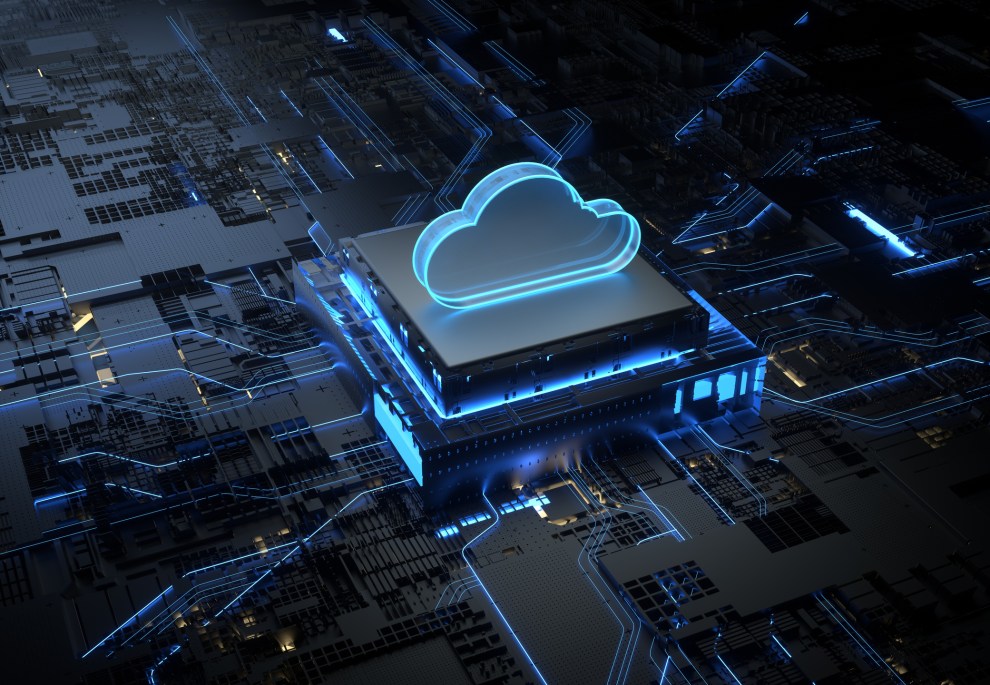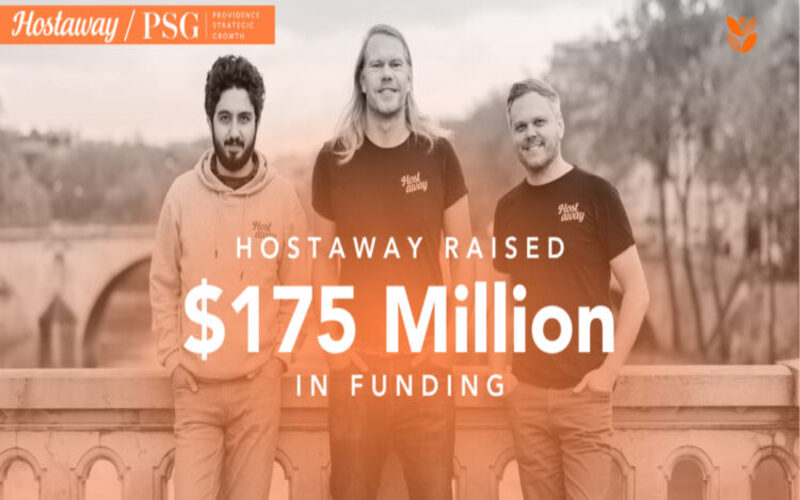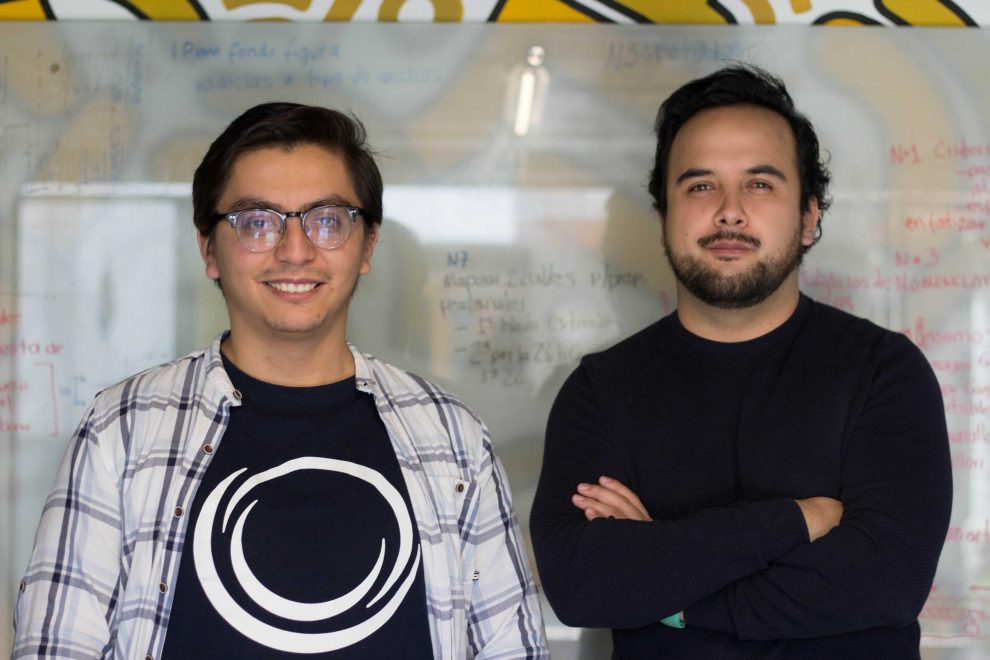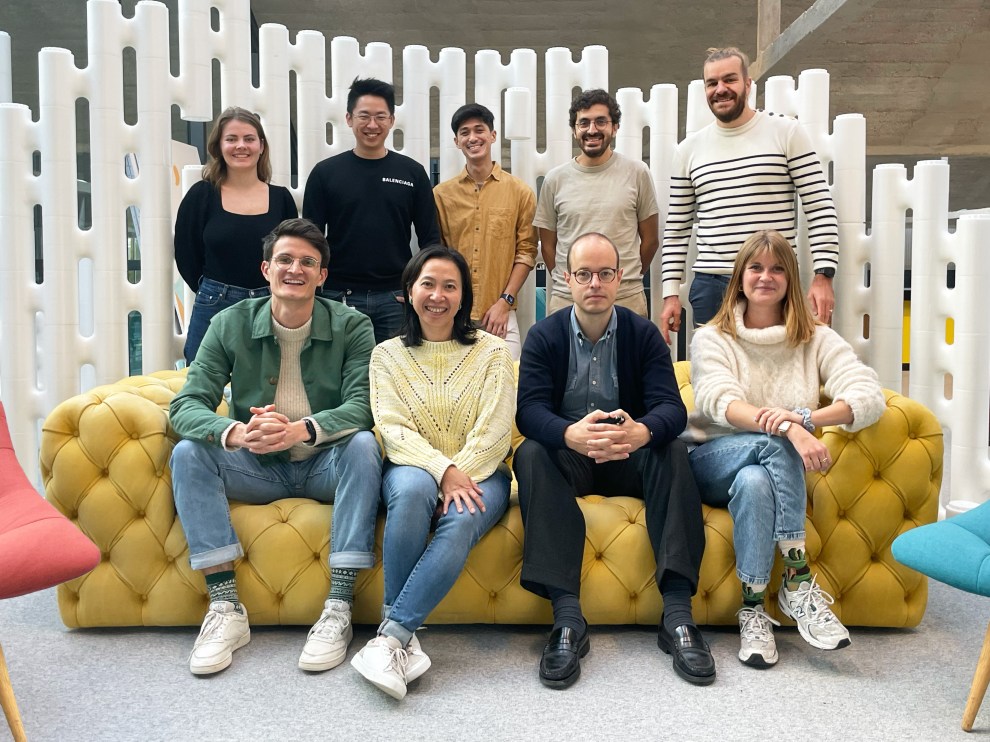TechCrunch published an article on a relatively unknown startup responsible for developing artificial intelligence (AI)-accelerated chips. These chips were designed to compete with hardware manufactured by industry giants like Nvidia, AMD, Microsoft, Meta, Amazon Web Services, and Intel. Its objective at the time seemed a bit audacious, and it still has that same air about it. However, to its credit, the startup company EnCharge AI is still doing well and has recently completed a fresh investment round that received a total of $22.6 million.
In addition to RTX Ventures, ACVC Partners, Anzu Partners, S5V, Alley Corp., Scout, and Silicon Catalyst Angels, the VentureTech Alliance, which is a strategic venture capital firm affiliated with the semiconductor superpower TSMC, took part in the round. As stated by Naveen Verma, co-founder and CEO of EnCharge, the additional cash will be used to expand the company’s team of fifty workers throughout the United States of America, Canada, and Germany. Additionally, the new funding will strengthen the development of EnCharge’s artificial intelligence chips and “full stack” AI solutions.
“The mission of EnCharge is to provide broader access to artificial intelligence for the 99% of organizations that cannot afford to deploy today’s expensive and energy-intensive AI chips,” Verma said. “EnCharge’s mission is to provide access to AI.” For example, to harness the full potential of artificial intelligence, we are enabling new use cases and forming factors that operate sustainably, both from an economic and an environmental point of view.
Alongside Echere Iroaga and Kailash Gopalakrishnan, Verma, the director of the Keller Center for Innovation in Engineering Education at Princeton University, created EnCharge the previous year. Up until very recently, Gopalakrishnan held the position of IBM fellow. The multinational technology corporation had employed him for over 18 years. Formerly serving as Vice President and subsequently General Manager, Iroaga was in charge of the connectivity business unit at the semiconductor manufacturer Macom.
Verma and his colleagues at the University of Illinois at Urbana-Champaign also received government funds in 2017, which is where EnCharge started. Verma led an investigation into new forms of nonvolatile memory devices that cost $8.3 million. This endeavor was an extension of the Electronics Resurgence Initiative, a program run by the Defense Advanced Research Projects Agency (DARPA) to advance a variety of computer chip technologies.
On the other hand, nonvolatile memory is said to be more energy efficient than the “volatile” memory that is often used in modern computers since it can store data even when it is not connected to a constant power source.
Additionally, DARPA provided funding for Verma’s research on in-memory computing. When we say “in-memory,” we are talking about the process of doing calculations in random-access memory (RAM) to eliminate the delay caused by storage devices.
To put Verma’s findings into practice, EnCharge was established. EnCharge’s technology, according to Verma, can reduce power consumption compared to computer processors while simultaneously accelerating artificial intelligence applications on servers and devices located at the “network edge.”
“The artificial intelligence compute of today is both expensive and power-intensive; at the moment, only the most well-capitalized organizations are innovating in the field of artificial intelligence.” In most cases, he stated that artificial intelligence is not yet feasible at scale in their enterprises or goods. By tackling the extremely high energy requirements and cost hurdles that enterprises are now encountering, EnCharge Technologies can supply the processing power that the market is seeking.
While it is true that EnCharge has not yet commenced mass production of its technology, it is also important to note that the company has just “several” clients lined up at this point. Another problem that EnCharge faces is competing against well-funded competitors in the artificial intelligence accelerator hardware industry, which is already considered saturated. Both Axelera and GigaSpaces are working on building in-memory hardware to speed up artificial intelligence workloads. NeuroBlade, on the other hand, has successfully obtained tens of millions of dollars in venture capital investment for their in-memory inference chip, designed for use in data centers and edge devices.
Because third parties have not yet had the opportunity to evaluate the performance of EnCharge’s chips, it isn’t easy to take the company’s performance claims at face value. However, EnCharge’s investors are ready to support them for what it’s worth.
Kai Tsang, a member of the VentureTech Alliance, stated in an email that “EnCharge is solving critical issues around computing power, accessibility, and costs that are both limiting AI today and inadequate for the management of AI tomorrow.” Using a technologically innovative architecture compatible with today’s chain, this has built computing that goes beyond the capabilities of the systems that are now in use.










